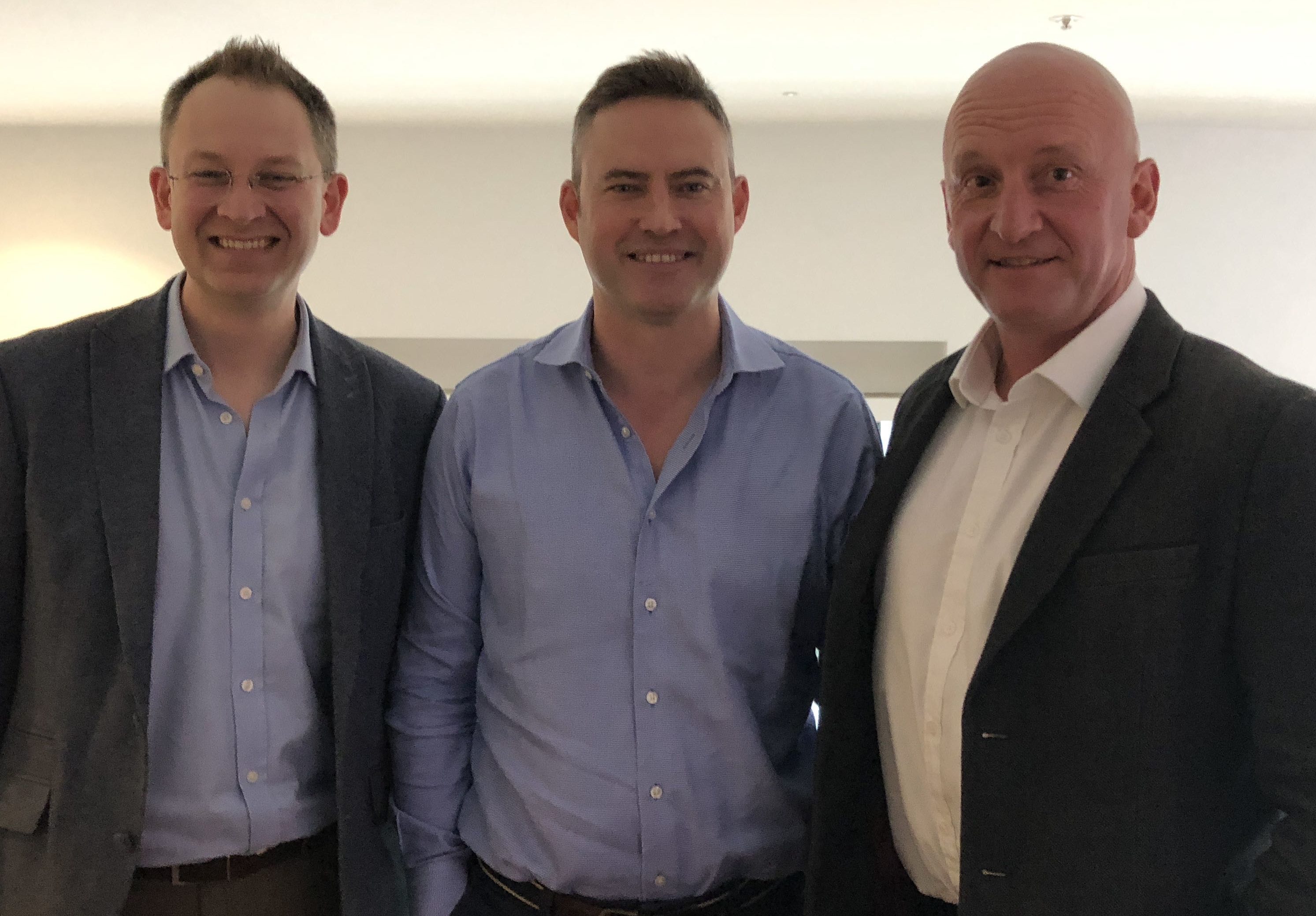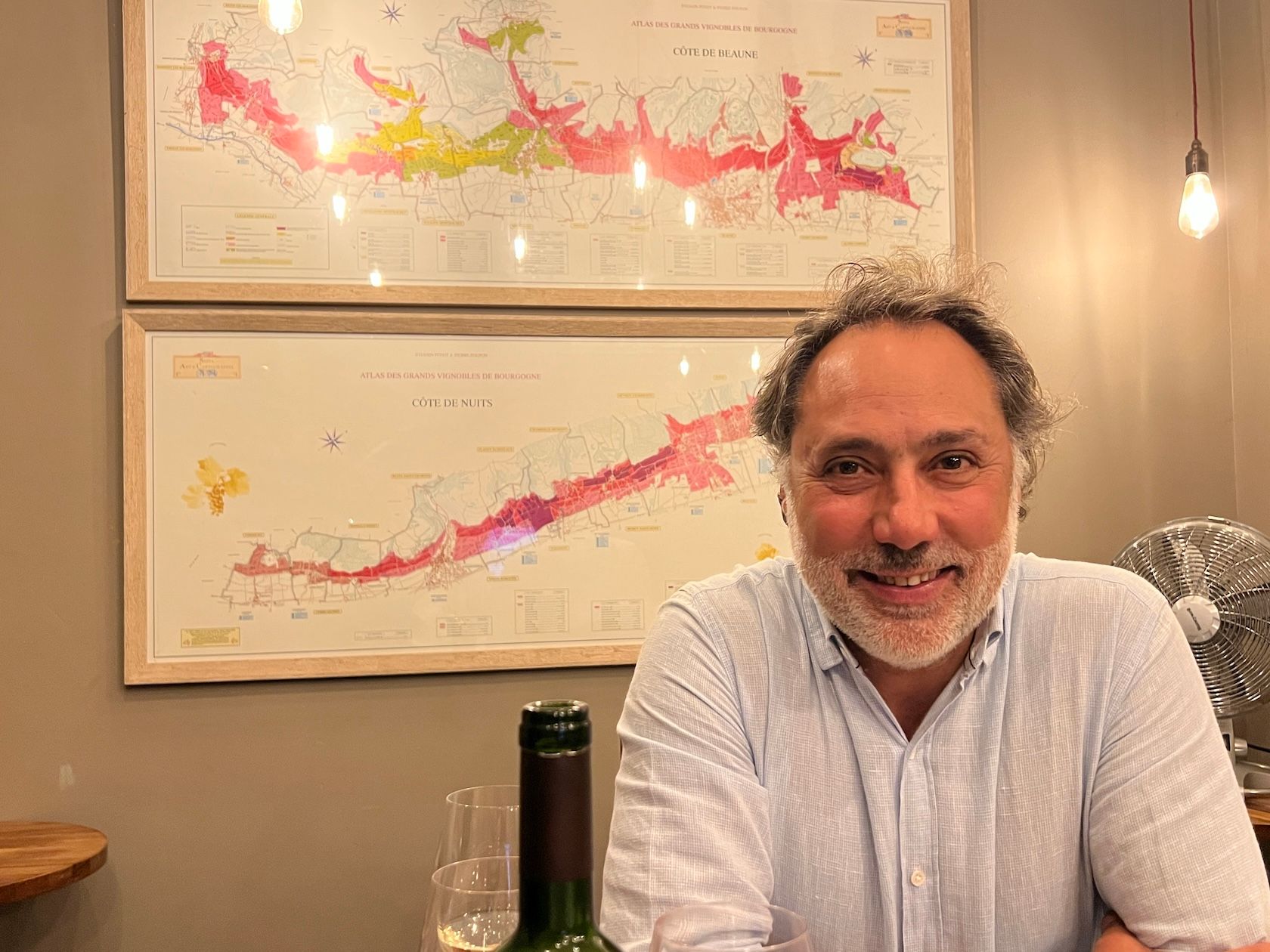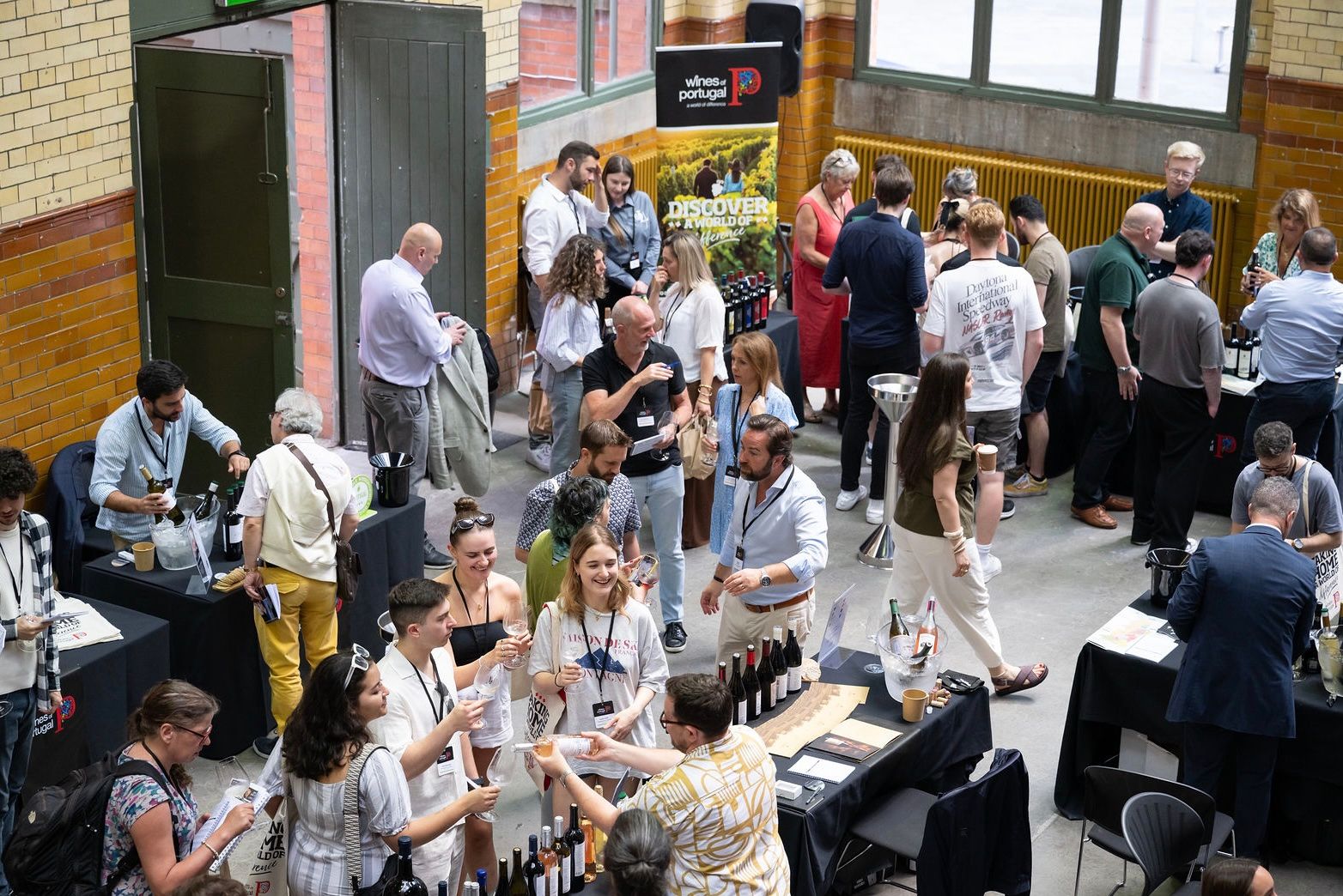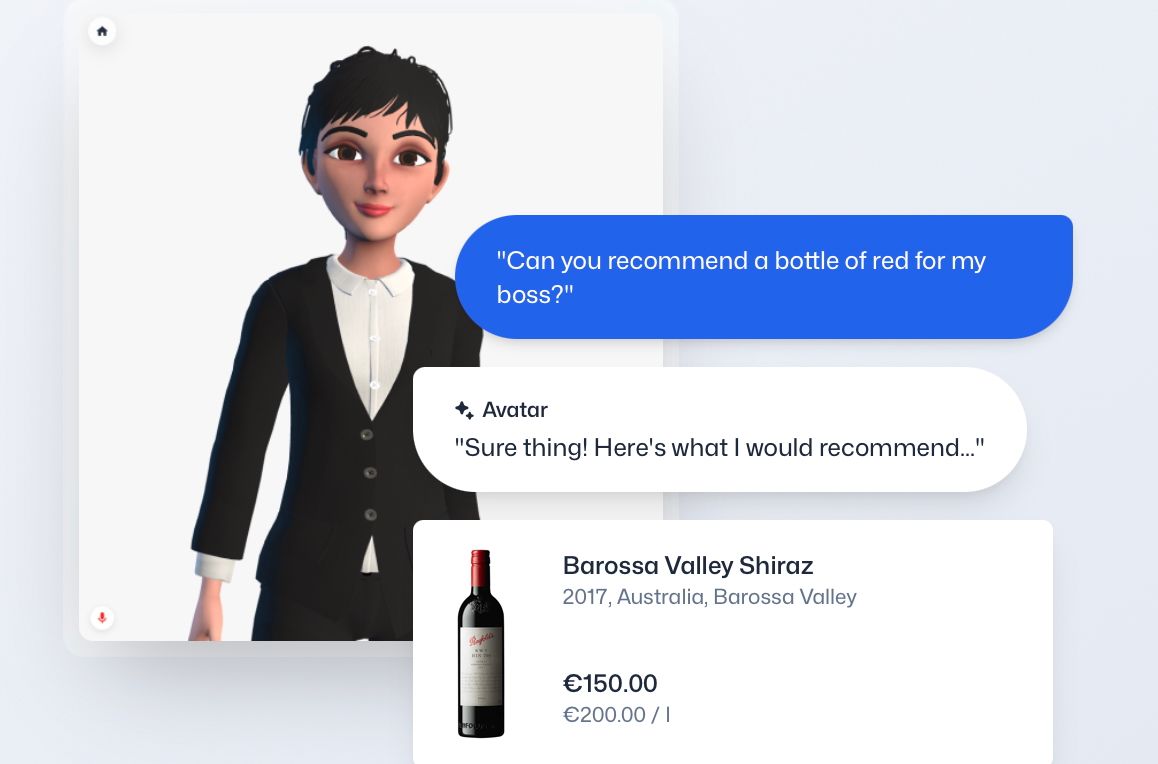Enotria&Coe hosts its annual tasting next week primed for action in 2019 thanks to what has been a near three year restructuring and re-positioning of the group.
For those of you whose lives are dominated by the comings and goings in the football world then you will only be too aware that January is played out against the backdrop of the so called Transfer Window. A time when it seems every club in the land sits on their hands for 30 days and then tries to conduct all their business on the last day of the month.
Imagine if the business world was carried out in the same way? Thankfully things are a little more open and flexible when it comes to jobs in the commercial world or we would not be constantly opening up our Linked-in accounts to see what opportunities there are out there.
But if we stick to our football analogy for a just a little longer and picked out the companies that have been most active in the transfer market over the last 12 to 18 months, then Enotria&Coe would have to be near the top of that list.
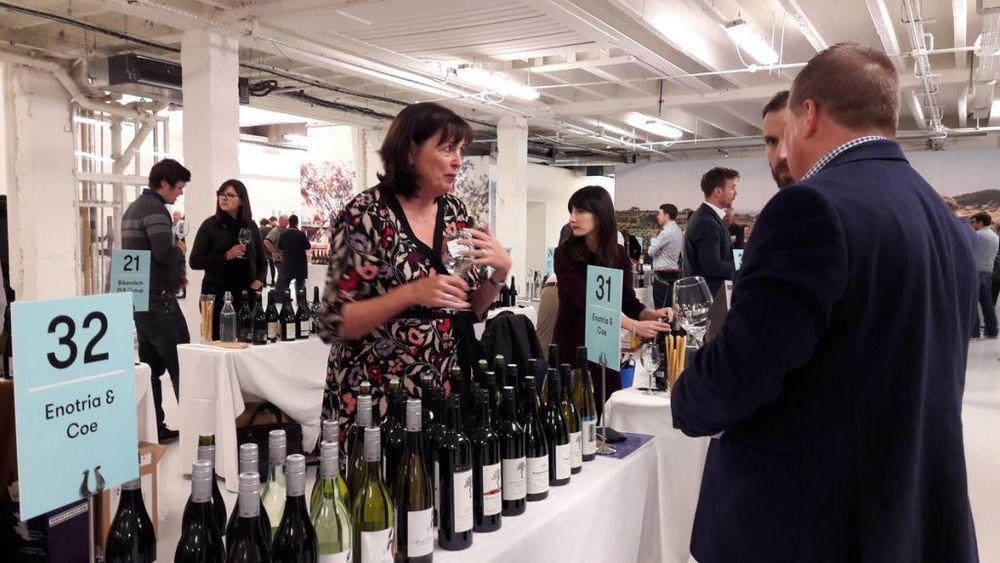
Its breadth of range and ability to provide wine and spirits for all sectors of the on-trade is what Enotria&Coe’s strategy is focused on
Which is perhaps not that surprising considering you have a business that has nearly doubled in size since Enotria brought Coe Vintners in August 2015 and then integrated it into its business from February 2016. The newly combined Enotria&Coe company says it “picked up significant business in 2018, which came on stream in H2, growing 27% over the prior year”. All of which has helped its “full year to show a sales growth at about 20% and we have a target of 20% growth in 2019”.
In that time it has also seen a number of major drinks figures join the business as it has looked to move, adapt and equip itself with the right skills to carry a new wine and spirits distribution company to the next stage of growth in what remains an unstable and difficult market. Eight account managers, for example, joined over the second half of last year.
Recruitment drive
To some extent that process is still taking place today with the news, at the back end of 2018, that it had pulled off one of the corporate hires of the year by taking not one but two senior executives from rival Bibendum PLB: Ants Rixon, who joined as managing director for on-trade regional customers and Sam Thackeray, who is managing director for on-trade nationals.
Now major players move between the major national distributors all the time and each will have their own reasons for doing so. But it is noticeable how in tune Rixon and Thackeray are with the ambitions of E&C’s chief executive Troy Christensen.

Troy Christensen says Enotria&Coe’s strategy has to be all about building genuine value into the category
He says the principle challenge for its “business model (is to) deliver against a genuine desire to build value into the category”. “For too long the UK market has seen value stripped out of the wines and spirits offering, and put simply, it hasn’t worked. We want to lead a vibrant industry, growing brands, activating at site level and working in partnership with customers to build drinks lists that inspire and engage consumers: this is what we’re passionate about.”
Rixon and Thackeray both said it was a desire to be able to 100% focused on the product was what convinced them to make the move over.
“The ability to be able to do the basics really well means we are in a great position to re-focus the team,” says Rixon.
Thackeray agrees: “The reason why we are in this industry is passion for the product and there are some really iconic producers, wines and spirits within the Enotria & Coe portfolio which is really exciting.”
Rixon believes they are joining Enotria & Coe at the “perfect time for the company’s growth” particularly as it has the “back up systems” needed to really drive and implement any new development opportunities.
Particularly at time when every supply chain is going to be tested to the limits as we move towards and through Brexit. “Which is why it is exciting to have that well funded, well resourced, well organised supply chain behind us as that could well be an issue for the market again,” says Thackeray.
Which again chimes with Christensen’s strategy for the company to “pick up the mantle and grow the category with a considered value-add programme of support for our customers.” All backed up with a state-of-the-art logistics and distribution network.
Customers first

Ants Rixon wants to concentrate on talking about the quality of Enotria’s products
Ultimately the number one goal for a business like Enotria & Coe is to “look after your customers really well” stresses Rixon and the objective now is to be able to spend a lot more time with those customers talking to, explaining, tasting and getting them excited about the great products that they have.
Having being at the sharp end of the collapse of Conviviality PLC during the first quarter of 2018 both Rixon and Thackeray are well placed to appreciate and recognise the challenge that everyone on the supply side of the fence has to regain the confidence of the overall on-trade sector.
“I blame some of the wine decline on the fact that the market has been in absolute turmoil for probably three years,” explains Rixon.
Which is why it is key, argues Jon Pepper MW Enotria & Coe’s marketing, buying and retail director, that it does all it can to alleviate some of the stress and “uncertainty” in the market. The “market dynamics,” he says, “have changed so much over the last few months”.
“Being able to control what we are doing allows us to help our customers through so that they can minimise their stockholding so that they can rely on us to step in as and when they need,” he adds.
Pepper says bringing in the experience and talent of Rixon and Thackeray into the business at this time is a really important step for the company.
He explains why: “As a business we really focus on adding value to our customers and that means in an increasingly differentiated market it is being able to adapt what we do to meet different customer needs and offer them a differentiated service.”
So having Rixon looking after the independent on-trade channels and Thackeray the mid to large national chains it means “as a wholesale supplier we are able to flex how we operate to meet those two different channels needs”. “They bring with them huge expertise on both sides which will allow us to do that.”
A step change

Jon Pepper: crucial the business focuses in on what it does best
It means, for example, potentially a “step change” in how it can work with both existing and new national operators, ensuring they can offer them a “much more detailed service level” and really work on “activating product, bringing brands to life” and pushing its portfolio out to a wider distribution base. It’s why, he says, they were keen to bring in Rixon and Thackeray at the same time in these two managing director roles to cover both sides of the sector.
That coupled with the right buying, sales and marketing support behind it can help “drive the category forward which is ultimately what it is all about”.
It is though a challenge for the wine sector as a whole, stresses Pepper. He points to overall on-trade figures from CGA for the 12 weeks up to December 2018 as being in a double digit decline – down 13% by volume and 10% by value. But then that does not tell the full story for whilst the price driven sectors of the market, particularly casual and mainstream dining, are struggling the “premium end of the market is doing really well”. Spirits sales for the total on-trade, by contrast, are up 4% by volume and 8% by value.
“We really want to focus our efforts over the next few years on activating that mid to premium area of the market using a much more tailored and differentiated channel approach, through Ant and Sam’s respective teams, so that we are bringing it to life. Ultimately a good, strong wine category is good for everyone,” explains Pepper.
The good news is the opportunity is there, for both wine and spirits, particularly for those operators that can tap into consumer’s desire for “experience, premium serve and quality of product” and that it is clear that for some they are “choosing what they are drinking based on that” rather than price.
“That is where we see ourselves working with customers to help them deliver that experience with great serves, products and all the stories behind it and not just selling a product, we’re selling a story.”
It’s already starting to impact on the type of restaurant and bar we can expect in the future, says Thackerary, where some of the bigger more owner operators chains are “going back to smaller, more intimate venues where they can control that customer experience much better”. Which again is clearly where Enotria & Coe wants to be working.
“Just shunting cheap wine around in boxes in a transactional manner is not particularly rewarding for us, the customer or the end consumer.”
Managing channels

Sam Thackeray says it is an ideal time to be joining Enotria&Coe with so much change happening in the sector.
It’s essentially quite a straightforward equation, says Rixon. The more time they can get their sales teams, with great products and great stories to back them up, out in front of their customers, then it has to be a win, win for all.“We’re not trying to over complicate things,” he says.
This is even more important in the independent and premium sectors where you have the chance to work one on one with highly skilled operators, helping them to offer an even better service and experience for their customers, he adds.
The national approach is more around having the right planning structures andprocedures in place that cover buying, marketing and sales and can be applied both regionally and nationwide.
Which is why it is important for Enotria & Coe to also have strong regional teams that can back up the head office systems and support, says Pepper.
New opportunities
It’s not just Rixon and Thackeray that have come on board in recent months. Enotria & Coe has also been able to bring fresh talent to help open up new customers and routes into channels where it has not been traditionally strong, notably travel retail, contract catering and premium hotels.
Thackeray is clearly very keen to be able to use his experience to help build up those areas of business. Here, he says, you have to work “strategically” with both the head office and regional operations teams and then right through to the individual outlets. “Delivering that structured support is key in the national environment,” he adds. Particularly when they are looking to what he calls “de-risk their supply chain” after the events of 2018.
But where costs are under such pressure in those national chains, like casual dining, the drinks offer can really help to differentiate their offer, says Thackeray. “There is a lot of movement happening and there is a lot of opportunity with major operators restructuring their drinks portfolios.”
Particularly as there is so much duplication and brands offering a similar experience, all at the same price point, who risk losing more customers if they dumb down. “So how do they make themselves more relevant and interesting to customers who have woken up a bit more to provenance of product and experience. Those that do respond well to that will be successful and those that don’t are going to die,” says Thackeray.
Enotria & Coe’s role, he adds, is to act as “consultants within the market who can bring our expertise through our insight, our experience, our product and activation and that is what we want our customers to do and essentially let us run their drinks category for them”.
Pepper says it is also their responsibility to use their products, and stories to help those operators “put a bit of the magic back into the category” and “ultimately drive profitable sales and repeat consumption for everyone which is what it is all about”.
Which is why Rixon says he uses the phrase “re-focus” when talking about the existing sales team. They already have, he stresses, all the knowledge and know how they perhaps need a bit more structure within which to do it. Be it team meetings or sharing knowledge and information across the whole company so that it can act as one rather than a lot of individuals. “There’s not a lot of rocket science there. It’s about having a structure,” he says.
Winemakers in the market
It’s also about opening the door even wider for its producers and brand partners to get involved, go out on sales trips, do tastings and events with customers. “People need constant reminders and prompts about how amazing their products they have are. The story about the owner and his dog, whatever it is, just so that it can be passed through to the end consumer,” says Rixon.
The fact they can come in with a fresh pair of eyes and bring new ideas, and thoughts to how they can work with and re-engage the range is again a new opportunity, says Rixon. Which is also a good excuse to go and travel and visit the producers and “see them with their own eyes”.
“It’s as much about showing ownership of those producers and brand owners, we need to make sure their stories are 100% on cue and not just believable they need to be understood.”
Which is where Pepper comes in and making sure the buying, sales and marketing functions are all working closely together. “We need to be buying and ranging the right portfolio for what the market needs so we rely on the sales teams to keep that constant flow of information going about what their customers are looking for.”
That’s where he sees the big opportunity is. “I want to start to drive a cutting edge activation programme that works with brand owners and customers so that we have different ways to bring wine and spirits to life. Be it through small events, and consumer focused activity where we can really help to step change their businesses using our expertise and brand owners to bring those spaces to life. To help get consumers excited about what they are drinking and where it comes from and to do our bit about reversing this negative trend across the total industry performance so that, as one of the biggest players, we are not in a year’s time talking about double digit negative industry performance,” he explains.
Ultimately it is about shifting boxes of wine and spirits and selling them which for Enotria & Coe means around a quarter of a million bottles going out of its distribution centre every week.
Both Rixon and Thackeray are bulllish about the year ahead, despite any potential hiccups from Brexit, with good growth in the national channels and what Rixon calls “low double digit growth in the regional sectors. “We have got a year ahead where we are going to see more consolidation in the regional channels, more so than in national. We need to be servicing and facilitating our producers to our customers better,” he explains, which essentially means selling more product to a more focused but possibly smaller regional customer base.
For Thackeray it is about being seeing as a category leader for wine and spirits and for more alternative products like low and no alcohol. “I also want people to want to come and work for us, to think it is a fun, dynamic learning environment in which you can progress your career in what is such a fascinating industry. That will be a real measure of success,” he adds.
- In part two of our in-depth analysis of Enotria&Coe’s strategy for the premium on-trade we take a closer look at its specific plans for its comprehensive spirits portfolio and other drinks opportunities it is keen to exploit.
- You can see for yourself what work Enotria&Coe has been doing behind the scenes with its wine and spirits portfolio at its annual Showcase tasting next week at London’s Saatchi Gallery on the King’s Road, SW3 4RY between 10am and 5pm. There will be over 600 wines to taste and over 100 producers flying in from around the world as well as a wide range of spirits. Key highlights will include: Tri-nations Treasure Trove, The Unusual Suspects, Mezcal and Friends, Lurton: A Family of Fine Wines, Picture This, Low and No, Craft Beer and Cider, Gin Garden, Explosive Italians, Rising Stars of Europe. To register for the event click here.
